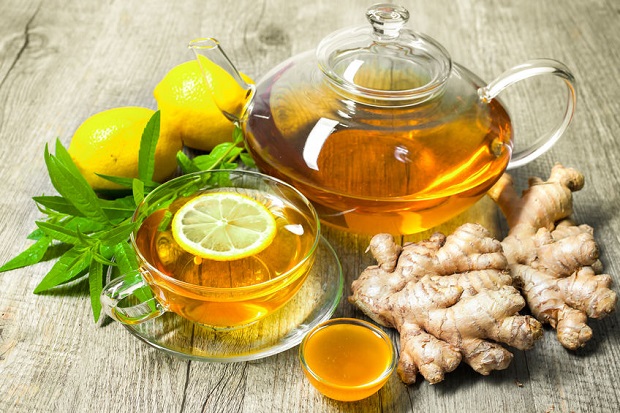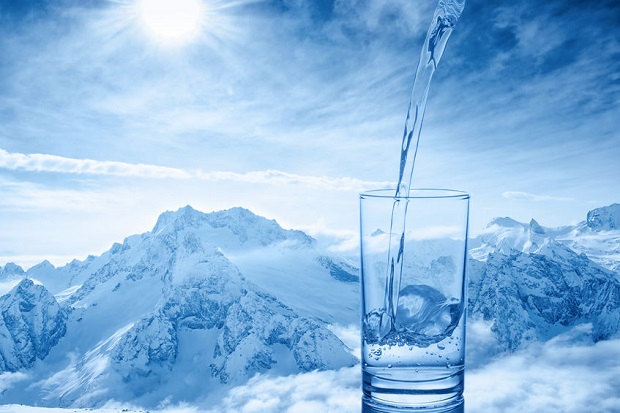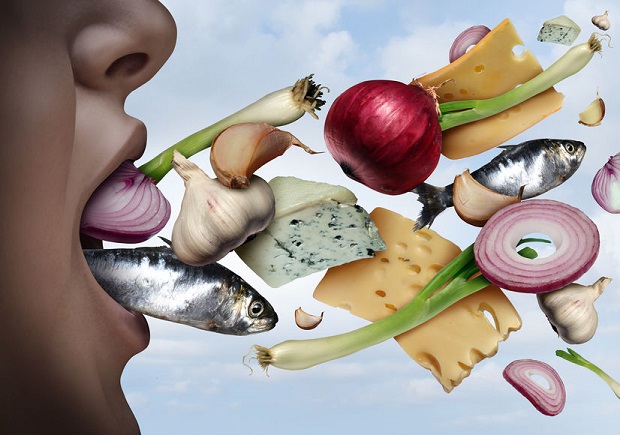
Who Gets Kidney Stones?
- Men are more likely than women to get kidney stones (11% vs. 9%).
- Caucasian males between the ages of 40-70 are the highest risk group for developing kidney stones.
- Women are at greater risk for kidney stones over the age of 50.
- Kidney stone risk increases with age for both men and women.
- Obesity and diabetes are also strongly associated with an increased risk of developing kidney stones.
Kidney stones, one of the most common urinary tract disorders, are responsible for more than half a million visits to the emergency room every year in the US and will affect an estimated 10% of the population at some point in their lives. Kidney stones, the pain of which is often referred to as comparable to that of giving birth, strike both men and women, but men are more likely to get them (11% vs. 9%). Who gets kidney stones depends largely upon lifestyle habits and risk factors. [1]
Jump Ahead
- Population Risk for Kidney Stones
- Lifestyle Habits Increase Risk of Kidney Stones
- Family History Plays a Role in Kidney Stone Risk
- Medical Conditions Cause Kidney Stones
- Resources
Population Risk for Kidney Stones

Caucasian males between the ages of 40-70 are the highest risk group for developing kidney stones. Women are at greater risk over the age of 50. Risk increases with age for both men and women. Obesity and diabetes are also strongly associated with an increased risk of developing kidney stones. [2]
Lifestyle Habits Increase Risk of Kidney Stones
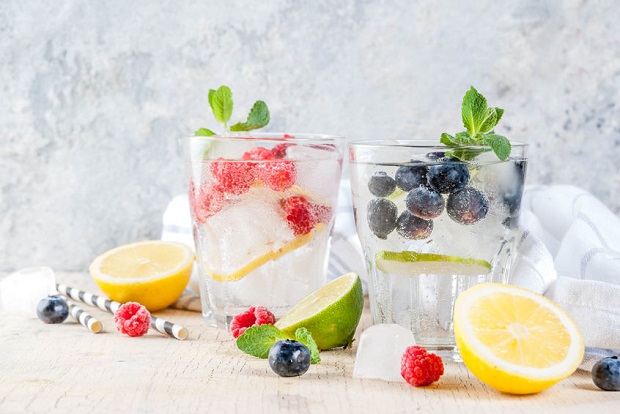
Those at the greatest risk of developing kidney stones are those that do not drink enough fluids. You are most likely to get kidney stones if you produce less than the optimal 2-1/2 quarts of daily urine. Those prone to kidney stones and not producing enough daily urine should increase fluid intake. [3]
Another risk factor for kidney stones is diet. Several dietary factors increase the risk of kidney stones, such as consuming a diet high in animal proteins such as meat and eggs. Too much salt in the diet is also a contributing factor. [4]
Eating too many foods high in oxalates also increases your risk of kidney stones. Those prone to kidney stones should moderate their consumption of foods like peanuts, rhubarb, spinach, beets, chocolate, and sweet potatoes. [5]
Family History Plays a Role in Kidney Stone Risk

If someone in your family has had kidney stones, you are at a greater risk of developing them. You are also more likely to develop subsequent stones once you have already had them. A hereditary condition known as hypercalciuria is most commonly identified with a history of kidney stones. Additional inherited traits that may predispose you to the formation of kidney stones could include defective oxalate transport, incomplete renal tubular acidosis, and increased uric acid production. [6]
Medical Conditions Cause Kidney Stones
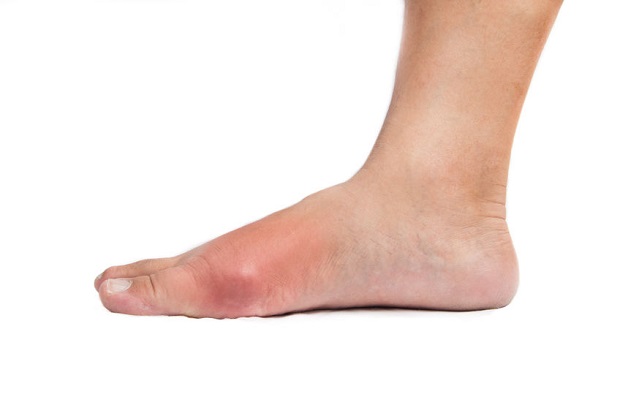
Several medical conditions increase your chance of developing kidney stones, such as urinary tract infections, inflammatory bowel disease, and hyperparathyroidism. Gout, dehydration, and vitamin D toxicity are additional conditions that increase the risk of developing kidney stones. [7]
Resources
- [1] National Kidney Foundation – “Kidney Stones.”
- [2] Scales, Charles D. Jr.; European Eurology; Prevalence of Kidney Stones in the United States; Vol. 62, Issue 1, July 2012, Pages 160-165
- [3] [4] Urology Care Foundation – “Kidney Stones: Symptoms, Diagnosis, & Treatment.”
- [5] National Kidney Foundation – “6 Easy Ways to Prevent Kidney Stones.”
- [6] Curhan, G.; Journal of the American Society of Nephrology “Family History and Risk of Kidney Stones” 1997 Oct;8(10):1568-73
- [7] MedicineNet – “Learn the Top 4 Causes of Kidney Stones.”
DISCLAIMER: THIS WEBSITE DOES NOT PROVIDE MEDICAL ADVICE
The information, including but not limited to text, graphics, images, and other material on this website, is for informational purposes only. No material on this site is intended to be a substitute for professional medical advice, diagnosis, or treatment. Always seek the advice of your physician or other qualified healthcare providers with any questions you may have regarding a medical condition or treatment before undertaking a new healthcare regimen, and never disregard professional medical advice or delay in seeking it because of something you have read on this or any other website.
